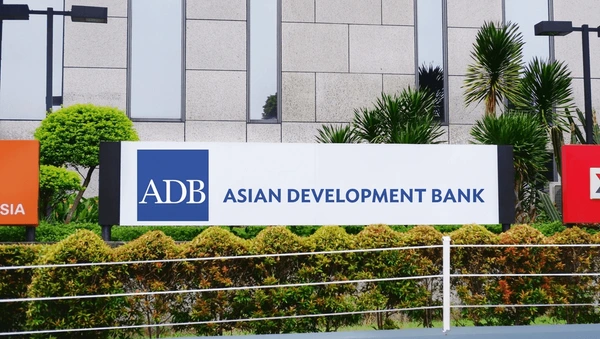ROOPAK GOSWAMI
Shillong, Dec 12: The ADB is supporting Meghalaya in developing a highly skilled workforce, which is essential for the state to achieve its goal of doubling its economy from $5.6 billion to $10 billion by 2028.
The Asian Development Bank (ADB) has approved a $64 million loan to support the second phase of Meghalaya’s Human Capital Development Project. The loan has been recommended by ADB’s Board of Directors and its President, Masatsugu Asakawa, highlighting its strategic importance for Meghalaya’s growth and human capital development. This initiative aims to transform education and skills development across the state, fostering human capital essential for Meghalaya’s economic growth and social well-being.
The project is set to empower Meghalaya’s youth, especially women and disadvantaged groups, with the knowledge and skills needed for meaningful employment and entrepreneurship.
“Meghalaya aims to double its economy from $5.6 billion to $10 billion by 2028. The success of this strategy hinges on developing a highly skilled workforce. This project directly supports the state’s ambitious goal by addressing critical human capital constraints. The project will create a larger pool of skilled workers ready to fill jobs in emerging sectors such as IT-enabled services, tourism, and green technologies. By 2030, it aims to produce a more skilled, entrepreneurial, and adaptable workforce that will drive Meghalaya’s economic growth and improve livelihoods for its people” the Bank says.
A significant portion of the ADB loan will focus on improving Meghalaya’s secondary and higher secondary school infrastructure. The project aims to upgrade 65 government schools, transforming 34 of them into “model schools” with safe, climate-resilient, and inclusive infrastructure. This includes the construction of classrooms, gender-friendly facilities like separate toilets, and digital learning tools such as smart classrooms and science labs for STEM (science, technology, engineering, and mathematics) education.
Teacher quality will also be enhanced through regular in-service training programs. A teacher needs assessment system will be implemented, and three District Institutes of Education and Training (DIETs) will be upgraded to provide gender-sensitive training facilities. Teachers will be trained in gender-responsive pedagogy, socio-emotional learning, and modern teaching techniques, including the use of digital tools.
These measures aim to address the issue of high dropout rates, which stand at 21.7% at the secondary level.
One of the most transformative components of the ADB loan is the establishment of the Meghalaya Skills and Innovation Hub (MSIH). This residential training facility will serve as a centre for advanced technical and vocational education. It will focus on providing training in IT, cybersecurity, tourism, and other sectors critical to the state’s growth.
The program also aims to improve job placement rates, with a target of placing at least 65% of graduates in wage employment within six months of completing their training. This will be facilitated by the establishment of two placement and career counselling cells at ITIs in Shillong and Tura.
In addition to wage employment, the ADB loan aims to foster entrepreneurship through incubation and acceleration support. The new Meghalaya Skills and Innovation Hub will support women-led and youth-led start-ups, providing them with access to training, mentorship, and financial support. Women-led businesses will receive incubation and post-incubation support, and the goal is for at least 50% of these start-ups to demonstrate improved business processes by 2030.
The project will also develop a school education management information system (SEMIS) to track student performance and teacher development. This system will enable evidence-based decision-making, improve monitoring of student progress, and support interventions for at-risk students.
It also includes disaster preparedness measures for schools and training institutions as the state is vulnerable to climate-induced disruptions like landslides and floods. Schools will be equipped with emergency response plans, and infrastructure will be climate-resilient to withstand extreme weather events.




